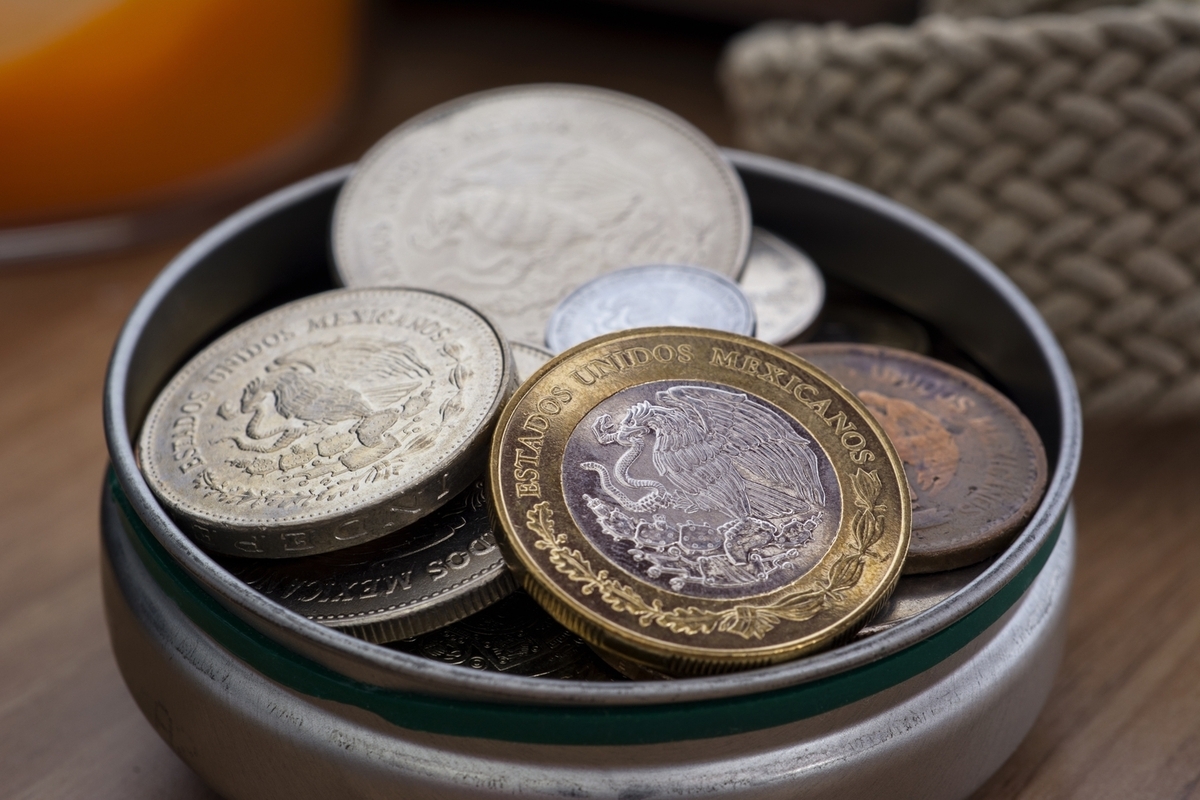Mexican Valuable Coins: Treasures from the Past
Mexico boasts a rich numismatic heritage that reflects its storied history, vibrant culture, and significant socio-economic transformations. Mexican coins offer not only monetary value but also historical and cultural significance. Collectors and enthusiasts around the world often seek these coins due to their unique designs, materials, and rarity. This article delves into some of the most valuable and sought-after Mexican coins and explores the fascinating stories they tell.
Pre-Columbian Era:

Before the Spanish conquest, the indigenous civilizations of Mexico, such as the Aztecs and the Mayans, engaged in trade and barter. They used items such as cacao beans and quetzal feathers as forms of currency. With the arrival of the Spanish conquistadors, however, the monetary system underwent a dramatic transformation.
The Colonial Period: The Birth of Mexican Coinage
The Spanish colonial period marked the beginning of formal coin minting in Mexico. The first mint, Casa de Moneda de México, was established in 1535, making it the oldest mint in the Americas. Spanish silver coins, especially the “piece of eight” or real de a ocho, circulated widely and were highly prized.
8 Reales (Pieces of Eight)
One of the most iconic and valuable coins from this period is the Spanish 8 Reales coin. This silver coin was minted in Mexico and other Spanish colonies and became a widely accepted international currency. Its consistent weight and high silver content made it a reliable store of value. Collectors often seek pieces from specific years or with certain mint marks, as these can significantly increase a coin’s value.
Post-Independence: The Rise of the Mexican Peso
Following Mexico’s independence from Spain in 1821, the newly formed nation began to issue its coinage. The Mexican peso became the standard unit of currency, and many coins from this era are still highly sought after.
1821 Imperial Iturbide Coinage
Emperor Agustín de Iturbide briefly ruled Mexico following its independence and had coins minted depicting his image. The “Iturbide Peso” is a rare and valuable piece from this era. Coins from this short-lived period are prized for their historical significance and limited mintage.
Maximilian Empire Coins
Another intriguing period in Mexican numismatics is the Second Mexican Empire, under Emperor Maximilian I from 1864-1867. Coins from this era, especially the gold pesos, are highly collectible. The 1866 gold 50 pesos coin, known as the “Maximilian Peso,” is particularly valuable due to its gold content and historical significance.
The 20th Century: Revolutionary and Modern Collectibles
The 20th century saw significant political and economic changes in Mexico, which are reflected in its coinage. Coins from the Mexican Revolution (1910-1920) and the subsequent establishment of modern Mexico are particularly noteworthy.
The Caballito Peso
Issued between 1910 and 1914, the Caballito Peso is one of the most beautiful coins minted in Mexico. Featuring an image of Liberty on a horse, it’s made of high-grade silver and is highly prized by collectors. Coins in excellent condition from this period can fetch considerable sums at auction.
The Centenario
The 50 pesos gold coin, known as the “Centenario,” was first issued in 1921 to commemorate the 100th anniversary of Mexico’s independence. It features the iconic Angel of Independence on one side and the Mexican coat of arms on the other. With nearly 1.2 ounces of gold, it is not only valuable for its gold content but also for its historical and artistic significance.
Modern Collectibles: Precious Metals and Commemoration
Mexico continues to produce coins that are both valuable and collectible. The country’s modern bullion coins, such as the Libertad series, are highly sought after by investors and collectors alike.
Mexican Silver Libertad
First issued in 1982, the Mexican Silver Libertad is a one-ounce silver bullion coin known for its beautiful design and high silver content. Unlike many other bullion coins, its silver content and quality remain consistent year after year. Special editions and low mintage years can significantly increase a coin’s value.
Gold Libertad
The Gold Libertad, introduced in 1981, follows a similar design to its silver counterpart. It is struck in various denominations and is prized for both its gold content and its collector appeal. Limited-edition releases and proof versions of these coins can be particularly valuable.
Mexican coins offer a fascinating journey through the nation’s history, from pre-Columbian times and colonial rule to independence and modern-day Mexico. Each coin tells a story of the era in which it was minted, making these pieces highly valuable both financially and historically. For collectors and investors, understanding the context and rarity of these coins is key to appreciating their true value.
Whether you are a seasoned numismatist or a curious beginner, Mexican coins provide a rich and rewarding field of study, offering not just monetary value but an invaluable connection to the past.

